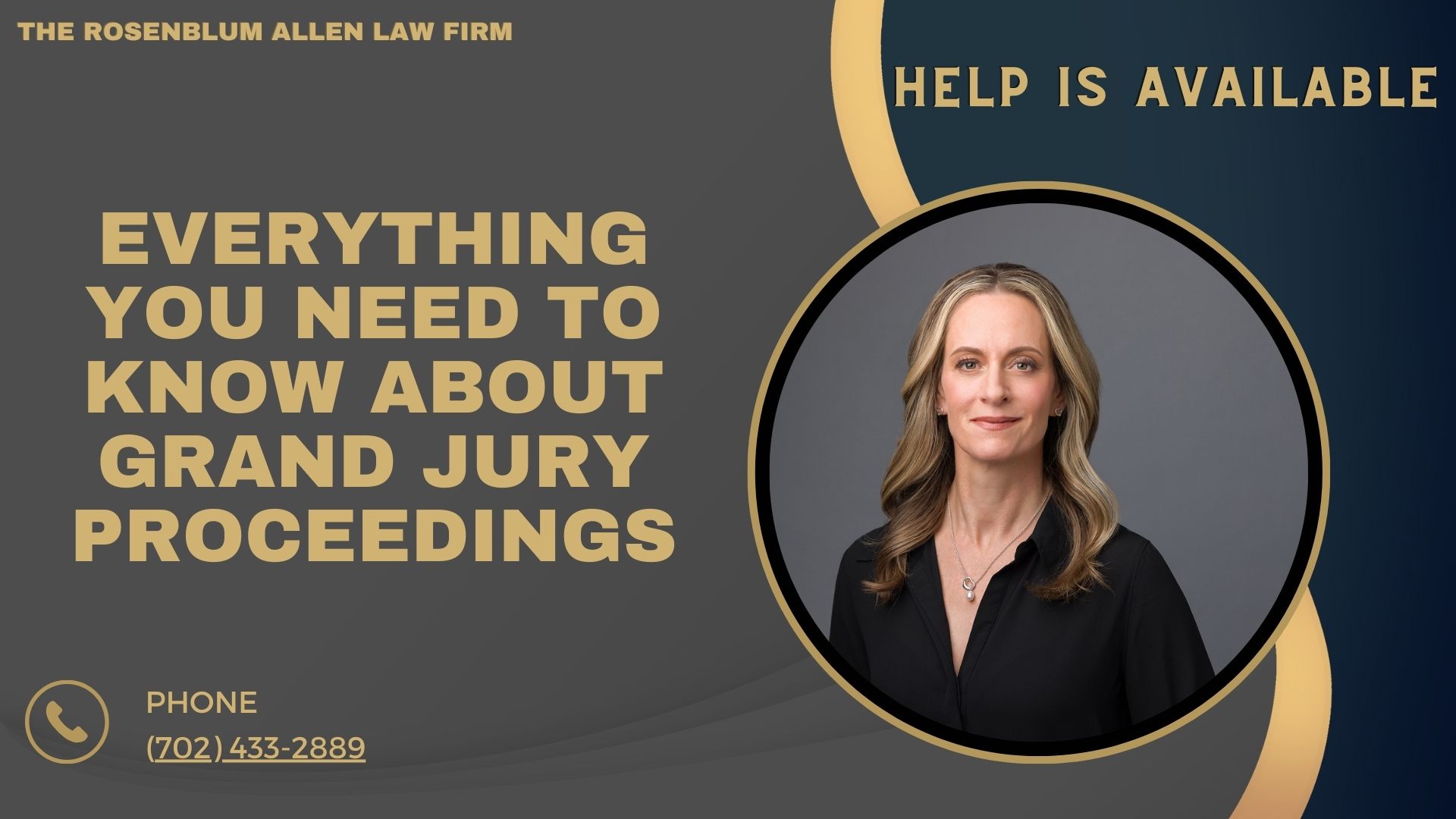Grand jury proceedings are a crucial part of the criminal justice system. They are a first step. They determine if there is enough evidence to charge someone with a crime. This guide will walk you through these proceedings. It covers their purpose, process, and the rights of those involved.
Definition and Purpose of a Grand Jury
A grand jury is a group of citizens. They investigate potential crimes and decide if charges should be brought. A trial jury decides guilt or innocence. In contrast, a grand jury assesses if there is probable cause to believe a crime was committed.
Overview of Grand Jury Proceedings
Grand jury proceedings are typically conducted secretly and are led by a prosecutor. The grand jury reviews evidence and hears witness testimony. They do this before deciding whether to issue an indictment, also known as a “true bill.””
The Role of the Grand Jury
Investigative Function
The grand jury has a significant investigative role. It can gather evidence and compel testimony.
Gathering Evidence
The grand jury can subpoena documents, records, and other physical evidence. This power helps uncover the facts surrounding potential criminal activity.
Issuing Subpoenas
Subpoenas are legal orders requiring someone to testify or produce evidence. The grand jury uses them to ensure key witnesses and documents are presented.
Determining Probable Cause
The grand jury must decide if there is probable cause to charge someone with a crime. This doesn’t mean proving guilt, just that there is enough evidence for the case to proceed.
Legal Standards
Probable cause is a lower standard. It’s lower than the “beyond a reasonable doubt” requirement in trials. It means there’s a reasonable basis to believe a crime occurred and the accused may have committed it.
The Indictment Process
If the grand jury finds probable cause, it issues an indictment. This formal accusation starts the criminal trial process. If not, the case is dismissed without charges.
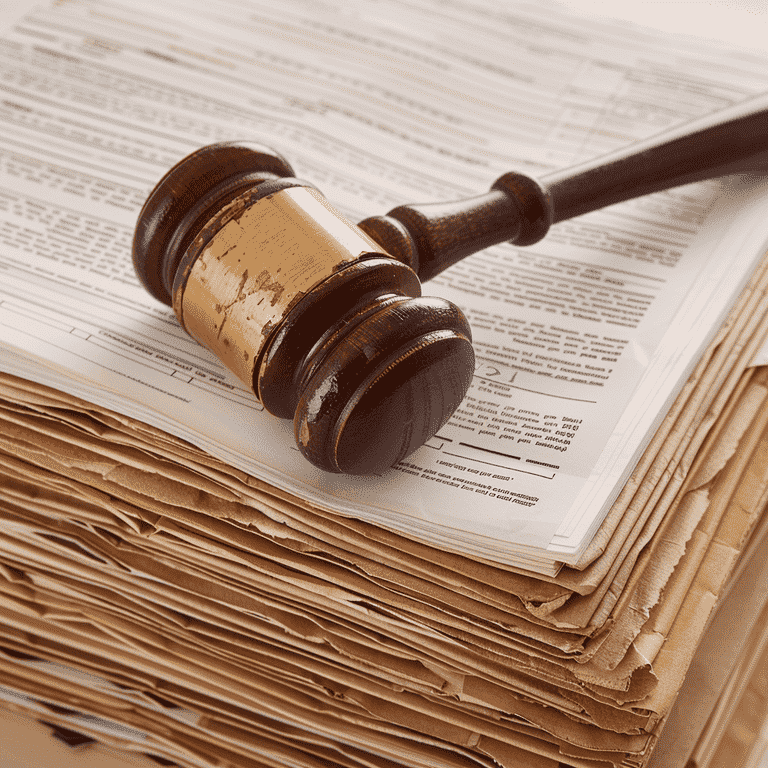
The Structure of a Grand Jury
Composition of the Grand Jury
Grand juries vary in size and composition.
Number of Jurors
Typically, a grand jury consists of 16 to 23 members. The exact number can vary by jurisdiction.
Selection Process
Jurors are usually selected from the same pool as trial jurors. They are picked randomly. But, they must meet specific rules. For example, they must be residents of the area and have no criminal record.
Duration of Service
Grand juries serve for a set period, which can vary.
Term Length
Terms can last a few months to a year. Jurors review many cases during their service.
Frequency of Meetings
Grand juries may meet weekly, every other week, or monthly. The schedule depends on the caseload and jurisdiction. This schedule ensures they can handle ongoing investigations efficiently.
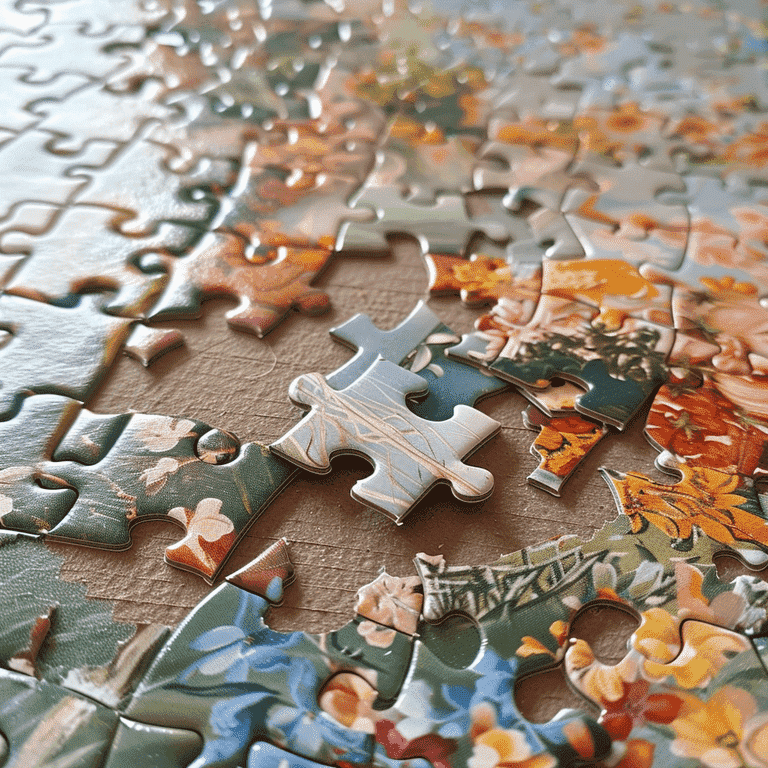
The Grand Jury Process
Initiation of Proceedings
Grand jury proceedings begin when prosecutors refer a case.
Case Referral by Prosecutors
Prosecutors present cases to the grand jury. They believe there is enough evidence for further investigation. They outline the case and the alleged crimes.
Initial Review of Evidence
The grand jury reviews the early evidence. They do this to get the basic facts and context of the case. This preliminary review sets the stage for deeper investigation.
Presentation of Evidence
Evidence is key in grand jury proceedings. The prosecutor presents it.
Role of the Prosecutor
The prosecutor guides the grand jury, presenting evidence and questioning witnesses. The goal is to build a strong case for probable cause.
Types of Evidence Presented
Documents, physical objects, and digital records can be evidence. The prosecutor may also present summaries of police reports and other investigative materials.
Witness Testimonies
Witnesses play a crucial role in grand jury proceedings.
Subpoenaed Witnesses
Witnesses can be compelled to testify through subpoenas. This ensures crucial information is provided to the grand jury.
Immunity and Testimony
Witnesses may be granted immunity, protecting them from prosecution based on their testimony. This encourages honest and complete disclosure of information.

Secrecy in Grand Jury Proceedings
Reasons for Confidentiality
Secrecy is a hallmark of grand jury proceedings. It serves several important purposes.
Protecting Witnesses
Confidentiality protects witnesses from intimidation or retaliation. It encourages them to speak freely and truthfully.
Preventing Tampering with Evidence
Keeping proceedings secret helps prevent the destruction or tampering of evidence. This ensures the integrity of the investigation.
Legal Requirements
Strict rules govern the secrecy of grand jury proceedings.
Secrecy Rules
Jurors, prosecutors, and other participants are legally bound to keep proceedings’ details confidential. Breaching this secrecy is a serious offense.
Consequences of Breaching Secrecy
Violating grand jury secrecy can lead to legal penalties, including fines and imprisonment. It undermines the integrity of the justice system.
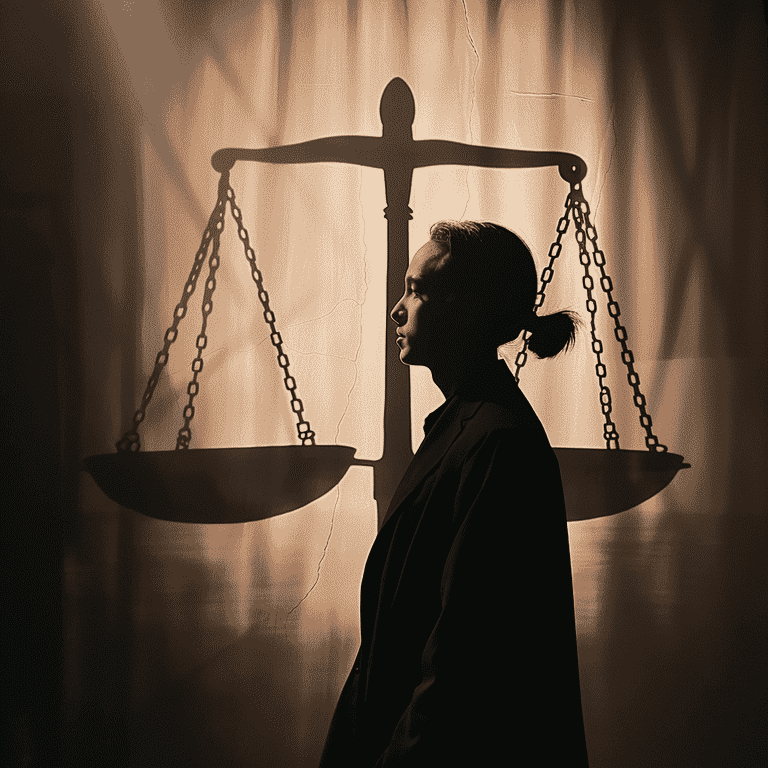
Rights of Individuals in Grand Jury Proceedings
Rights of the Accused
The rights of the accused at grand juries differ a lot from at trials.
Lack of Representation
Unlike in a trial, the accused has no right to have an attorney in the grand jury room. The prosecutor runs the show. The defense attorney can only advise the accused outside the room.
No Right to Present Evidence
The accused generally cannot present evidence or witnesses. The grand jury only hears what the prosecutor presents, making it a one-sided process.
Rights of Witnesses
Witnesses have their own set of rights and protections during grand jury proceedings.
Legal Representation
Witnesses are allowed to have an attorney. Yet, like the accused, the attorney cannot be present in the grand jury room. Instead, the witness can step out to consult their lawyer.
Protection Against Self-Incrimination
Witnesses can use the Fifth Amendment to avoid answering incriminating questions. This right ensures they aren’t forced to provide evidence against themselves.

Outcomes of Grand Jury Proceedings
Indictments
The grand jury’s primary decision is whether to indict the accused.
True Bill
If the grand jury finds probable cause, they issue an indictment or “true bill.” This formal charge means the case can go to trial.
No Bill
If the grand jury doesn’t find enough evidence, they issue a “no bill.” This means no charges are filed, and the case is dismissed.
Post-Indictment Procedures
Once an indictment is issued, several steps follow before a trial can begin.
Arraignment
The accused appears in court to hear the charges formally read. They enter a plea of guilty, not guilty, or no contest.
Pre-Trial Motions
Before the trial, both sides may file motions. These include requests to dismiss charges. Or, to suppress evidence. Or, to compel specific actions from the other side.
Differences Between Grand Juries and Trial Juries
Grand Jury vs. Petit Jury
It is understanding the distinction between grand and trial juries (petit juries).
Purpose and Function
Grand Jury: Decides if there’s enough evidence for a trial. They don’t decide guilt or innocence.
Petit Jury: Determines the guilt or innocence of the accused at trial.
Proceedings and Deliberations
Grand Jury: Proceedings are secret, led by the prosecutor, and the defense has limited involvement.
Petit Jury: Proceedings are public, with both the prosecution and defense presenting their cases. Deliberations are based on the trial’s evidence.
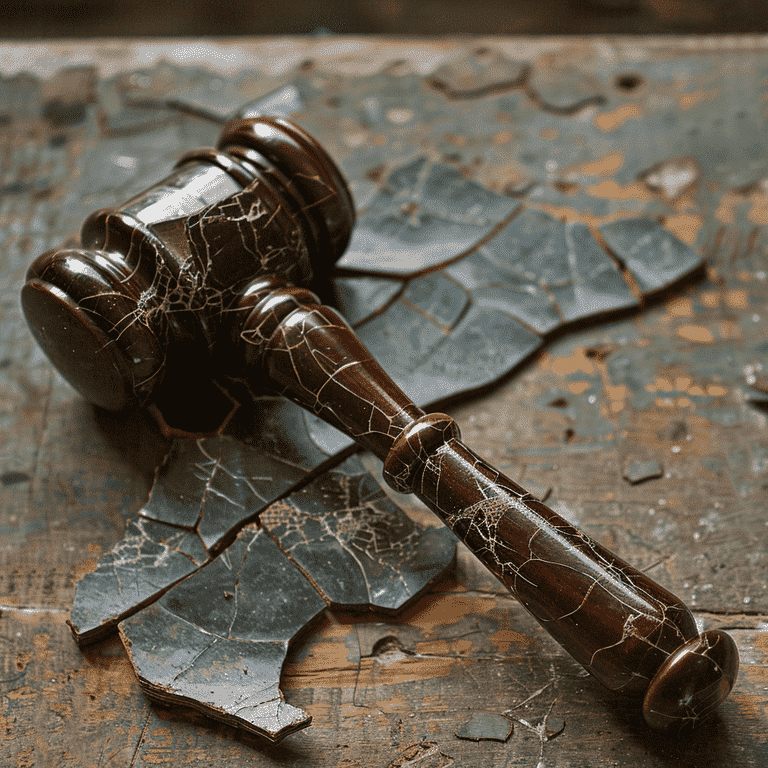
Criticisms and Controversies
Potential for Prosecutorial Overreach
The grand jury system has faced criticism for various reasons.
Lack of Defense Representation
Without defense attorneys present, the process can heavily favor the prosecution. This imbalance can lead to biased outcomes.
Influence of the Prosecutor
Prosecutors have significant control over what evidence is presented. This influence can sometimes lead to an indictment, even with weak evidence.
Calls for Reform
Reforms have been proposed to address these criticisms.
Transparency Issues
Critics argue for more transparency in grand jury proceedings. Some suggest allowing defense attorneys to be present. Or, they could publicize parts of the proceedings.
Proposed Changes
Proposals for change include:
Allowing the defense to present evidence
Implementing independent oversight of grand jury processes
Providing more explicit guidelines on grand jury instructions

Breaking It All Down
Summary of Key Points
Grand jury proceedings play a vital role in the justice system. They investigate possible crimes. They decide if charges should be filed. They do this while keeping strict confidentiality.
The Importance of Grand Jury Proceedings in the Justice System
Despite criticisms. grand juries ensure cases go to trial only with enough evidence. Their role is vital. They balance the need to prosecute crimes with protecting people from false charges.

Frequently Asked Questions
What is the primary purpose of a grand jury?
A grand jury investigates potential crimes. It decides if there’s enough evidence to charge someone. They don’t determine guilt or innocence, just whether a case should go to trial.
Can I have a lawyer present if I testify before a grand jury?
Yes, you can have a lawyer. Yet, your lawyer cannot go with you into the grand jury room. You can step out to consult with your attorney as needed.
Are grand jury proceedings always secret?
Yes, grand jury proceedings are confidential. This protects witnesses, prevents tampering with evidence, and ensures a fair investigation process.
What happens if a grand jury issues an indictment?
If a grand jury issues an indictment or “true bill,” formal charges are brought against the accused. The case then proceeds to an arraignment and potentially to trial.
What is the difference between a grand jury and a trial jury?
A grand jury decides if there is enough evidence for a trial. A trial jury (petit jury) decides if the accused is guilty or innocent based on trial evidence.
Can the accused present evidence or witnesses during grand jury proceedings?
No, the accused generally cannot present evidence or witnesses. The prosecutor controls the process. They decide what evidence and testimonies the grand jury hears.
What rights do witnesses have in grand jury proceedings?
Witnesses can use the Fifth Amendment to refuse to answer questions. These questions might incriminate them. They can also consult with their attorney outside the grand jury room.
What does it mean if the grand jury issues a "no bill"?
A “no bill” means the grand jury did not find enough evidence to charge the accused. So, no charges are filed, and the case is dismissed.
How are grand jurors selected?
Grand jurors are typically chosen from the same pool as trial jurors. They are picked randomly. But, they must meet specific criteria. For example, being a resident of the jurisdiction and not having a criminal record.
How long does a grand jury serve?
The length of service for a grand jury can vary but usually ranges from a few months to a year. They may meet weekly, every other week, or monthly during this period. The frequency depends on the caseload.

Additional Resources for You
Don’t miss out on these additional resources crafted by our lead attorney, Molly Rosenblum Allen, Esq, designed to assist you in times of legal need:
- Criminal Defense Attorneys: Comprehensive legal defense for various criminal charges.
- Las Vegas DUI Lawyer: Specialized legal assistance for DUI charges in Las Vegas.
- Domestic Violence Lawyer Las Vegas: Support and defense for those accused of domestic violence.
- Drug Possession Lawyer: Legal representation for drug possession charges.
- Sex Crimes Attorney: Defense services for those accused of sex-related crimes.
- CPS Defense Attorney: Assistance for cases involving child abuse and neglect allegations.
- Misdemeanor Lawyer: Defense for misdemeanor charges.
- Las Vegas Warrant Defense Attorney: Help with resolving outstanding warrants.
- Las Vegas Probation Violation Attorney: Defense for probation violation allegations.
- Theft Crime Defense Lawyer: Representation for theft-related charges.
- Kidnapping Lawyers: Legal defense for kidnapping charges.
- Juvenile Defense Lawyers: Representation for juvenile offenders.
No matter the legal challenge you face, our team is dedicated to providing personalized attention and effective solutions.

Outside Resources for You
Here are some offsite resources for you:
- National Association of Criminal Defense Lawyers – Grand Juries: Provides advocacy, support, and resources specifically for criminal defense and grand jury matters.
- FindLaw – What is a Grand Jury: Contains comprehensive legal information on what a grand jury is and how it functions within the criminal justice system.
- The Marshall Project – Grand Juries: An investigative journalism site that focuses on the criminal justice system, including grand jury topics.

A Special Message from Our Lead Attorney, Molly Rosenblum Allen, Esq

Thank you for taking the time to explore the resources provided. I hope you found them informative. They helped you understand your legal rights and options. Please reach out if you have more questions or need personalized legal advice. You can schedule a free consultation by calling (702) 433-2889. I look forward to the opportunity to assist you.

